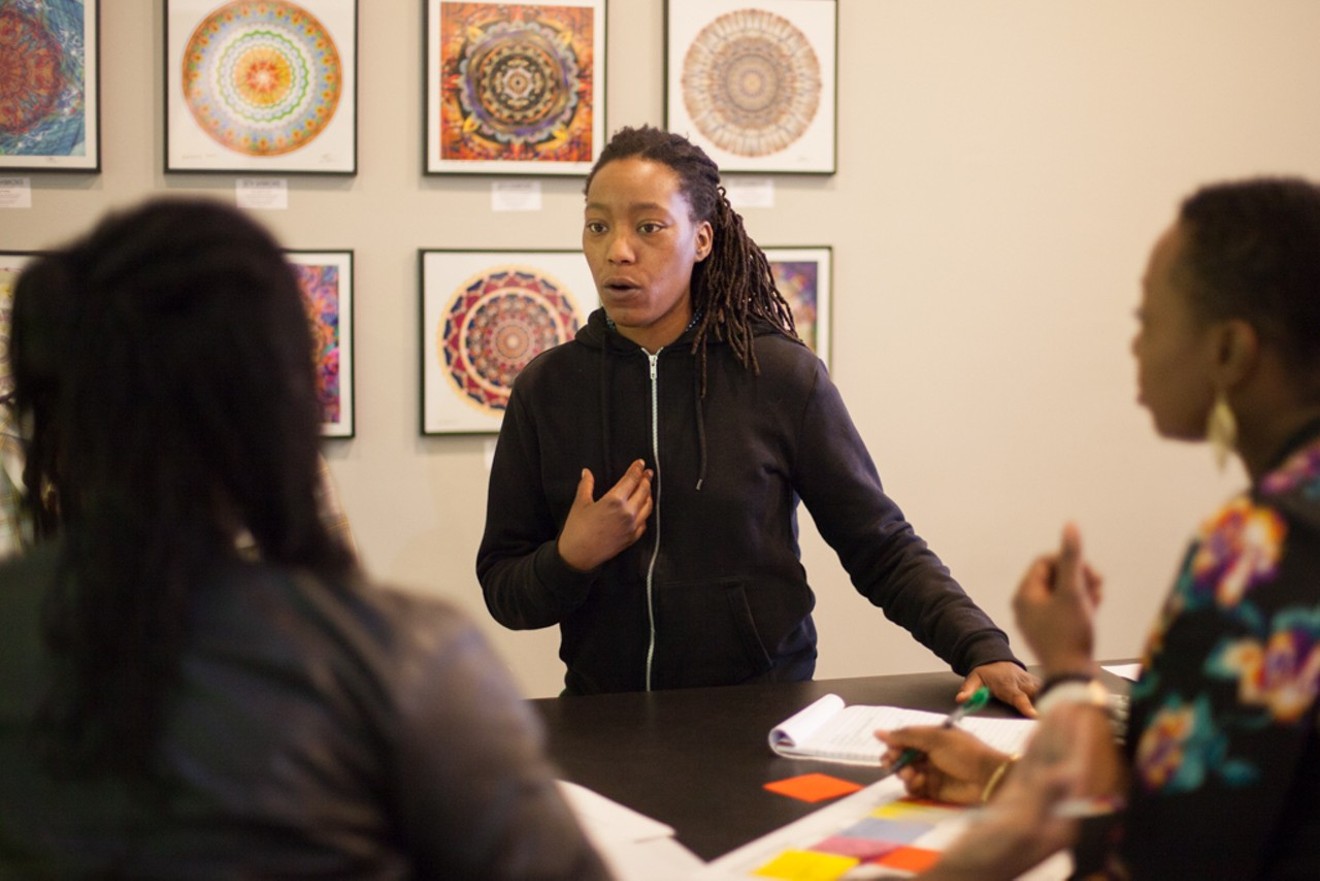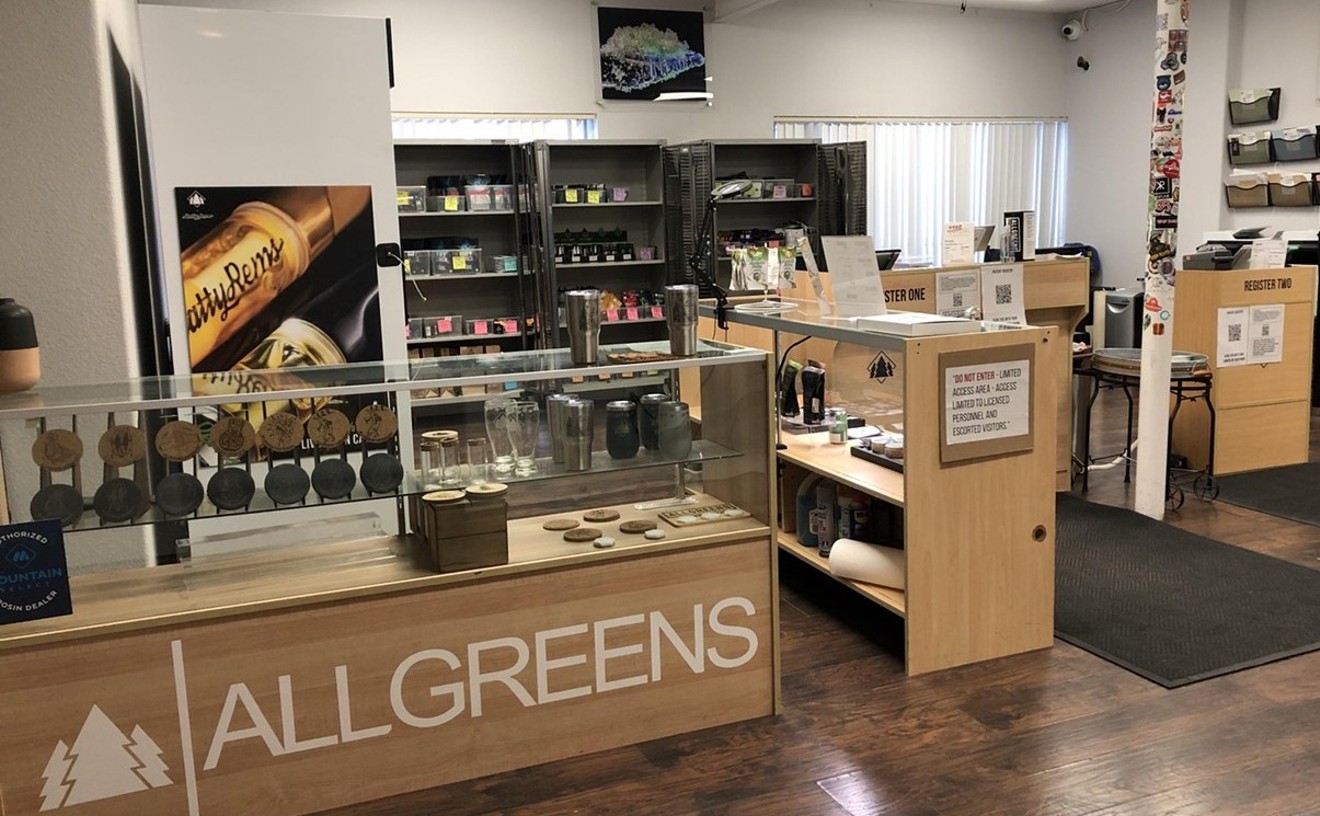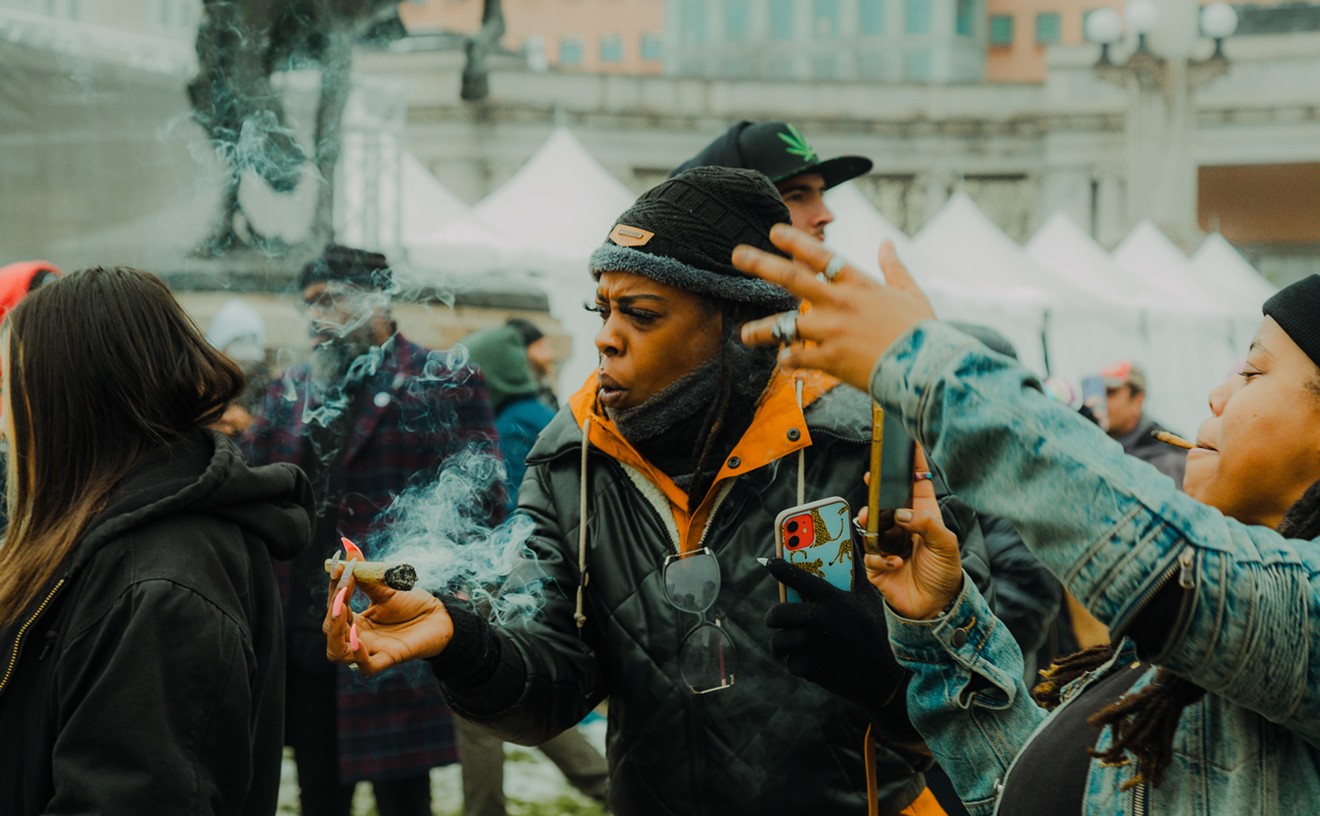Over 100 cannabis businesses and organizations just sent a letter to congressional leaders calling for federal legalization of the plant, but their request didn't stop there. The letter also urged that federal funding be used to diversify the cannabis industry, as well as administer retroactive justice for old pot convictions and help communities impacted the most by the War on Drugs.
Cannabis is still far from legal in the eyes of the federal government, but Congress has been more open-minded as of late. The House of Representatives has advanced legislation that would explicitly allow banks and financial institutions to serve medical and recreational cannabis businesses in states where they are legal, and the Senate just held a hearing on the same bill.
As both sides of Congress consider federal cannabis reform, advocates have increased the call for social equity packages to ensure that communities which were negatively affected by the drug war can now reap benefits from the plant that put their friends and family members in jail for decades.
"There are many who would argue that Congress should not get into the business of picking winners and losers. We would argue that if Congress chooses to end federal cannabis prohibition but chooses not to address these glaring racial and economic disparities in the process, it will in fact pick those who are already the most well-financed, the least likely to have suffered an arrest and conviction, and almost certainly do not come from the communities that were severely harmed by decades of prohibition to be the winners of the new economy," the letter reads.
"Indeed, it will have also picked the communities who suffered the most under prohibition to continue to lose once cannabis is no longer a criminal offense. For these reasons, we the undersigned cannabis businesses and organizations urge Congress to take the following steps to ensure that all Americans and all communities are on a more equal footing when it comes to the potential to benefit from this new industry."
Over a dozen companies with Colorado roots were listed as signees of the letter, including the Minority Cannabis Business Association, National Cannabis Industry Association, Denver Relief Consulting, Rm3 Labs, Buscher Law, Lucy Sky Cannabis Boutique, Kush Gardens, 1906, Cohnnabis, KindColorado, Vangst, Lazercat and MJ Freeway.
“We will continue to push for equity and justice for our communities throughout the country, and this letter demonstrates that the broader cannabis industry agrees that equity is critical for our industry to thrive," MCBA president Shanita Penny says in a statement.
Social equity and crime expungement have become hotter topics as more states legalize recreational cannabis and the country realizes its earning potential. Massachusetts and Illinois included social equity language in their legalization measures in hopes of more diverse pot industries and less criminal records. As the first state to legalize recreational cannabis, Colorado didn't have any programs or initiatives for social equity.
A new state law overhauling retail pot regulations will create a new business license intended to help low-income entrepreneurs enter the cannabis space. The details of the new business license, labeled a "micro-license" within the industry, still need to be finished during state rulemaking this fall. Advocates are still waiting on a statewide effort to expunge or seal records of past cannabis convictions. Denver and Boulder's city governments have created record-sealing programs for past minor pot convictions, but the results have been less than stellar.
[
{
"name": "Air - MediumRectangle - Inline Content - Mobile Display Size",
"component": "12017618",
"insertPoint": "2",
"requiredCountToDisplay": "2"
},{
"name": "Editor Picks",
"component": "17242653",
"insertPoint": "4",
"requiredCountToDisplay": "1"
},{
"name": "Inline Links",
"component": "18838239",
"insertPoint": "8th",
"startingPoint": 8,
"requiredCountToDisplay": "7",
"maxInsertions": 25
},{
"name": "Air - MediumRectangle - Combo - Inline Content",
"component": "17261320",
"insertPoint": "8th",
"startingPoint": 8,
"requiredCountToDisplay": "7",
"maxInsertions": 25
},{
"name": "Inline Links",
"component": "18838239",
"insertPoint": "8th",
"startingPoint": 12,
"requiredCountToDisplay": "11",
"maxInsertions": 25
},{
"name": "Air - Leaderboard Tower - Combo - Inline Content",
"component": "17261321",
"insertPoint": "8th",
"startingPoint": 12,
"requiredCountToDisplay": "11",
"maxInsertions": 25
}
]












